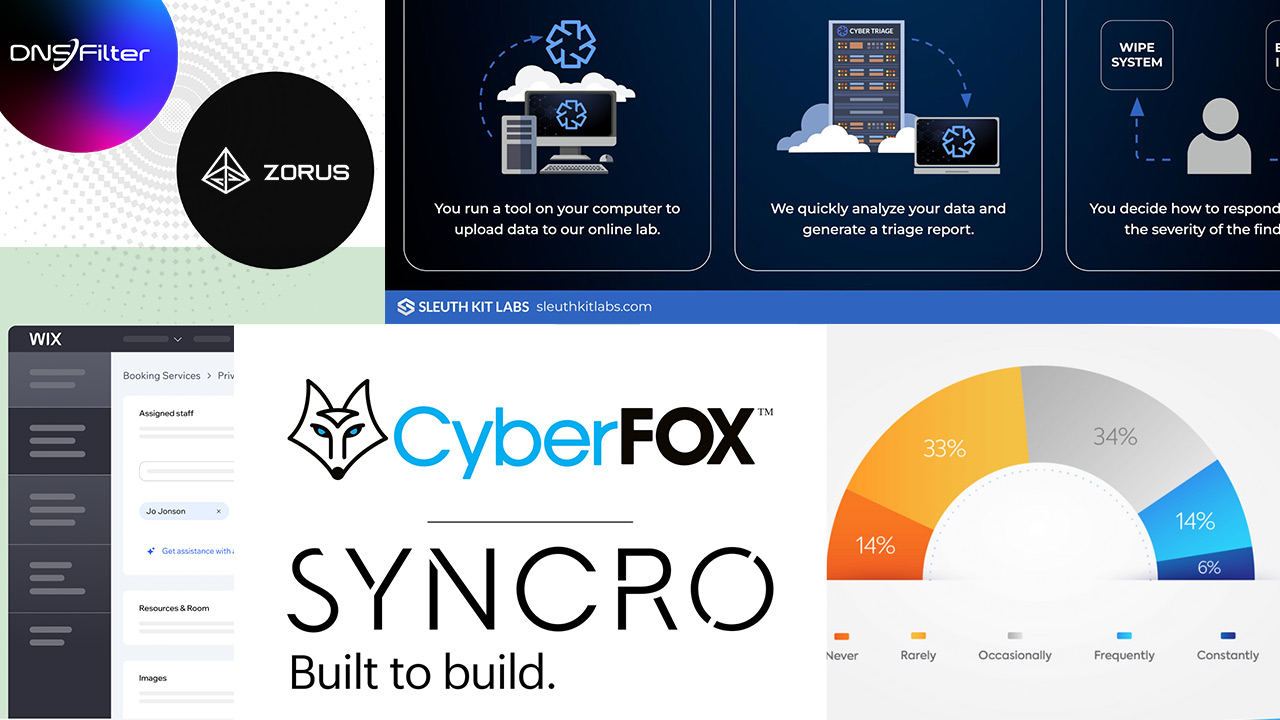During its annual Worldwide Partner Conference, top executives from Microsoft Corp. talked with more than 14,000 attendees about the impact of cloud computing and the myriad ways it will enable partners to deliver new services to their customers. The company made several announcements, including the introduction of the Windows Azure platform appliance, the first turnkey cloud services platform for deployment in customer and service provider datacenters. Dell Inc., eBay Inc., Fujitsu Ltd., and HP are early adopters of a limited production release of the appliance.
Microsoft’s 640,000 partners generated more than 6 million jobs and approximately $537 billion in local revenues last year. Top of mind for these partners who sell, customize, build upon, implement, and support Microsoft solutions worldwide is the industry’s shift to cloud computing and their continued growth. In his keynote address, Steve Ballmer, CEO of Microsoft, highlighted the critical role partners will continue to play in driving the IT industry’s transformation to cloud computing and helping fuel economic growth and job creation in local communities around the world.
“We are at an inflection point in technology history,” Ballmer said. “For customers, cloud computing creates tremendous value, which translates to massive opportunity for Microsoft and its partners. As in past technology transitions, Microsoft will help partners embrace the industry’s transformation to realize their opportunity and continue to be economic drivers for their local community.”
According to IDC, the cloud will drive 19 percent of new growth in software spending in 2013–2014 and cloud spending will grow five times faster (26 percent compound annual growth rate) than all applications spending.
“These providers can best participate in the growing cloud market by aligning themselves with capable ecosystem partners that can help them deliver their service-enabled offering, and enhance services delivery for their customers,” said Robert Mahowald, vice president, SaaS and Cloud Services at IDC.
Onstage at the partner conference, Bob Muglia, president of the Server and Tools Business at Microsoft, outlined how Microsoft provides a comprehensive and integrated service and server platform that allows customers and partners to deploy clouds when and where they want. The Windows Azure platform offers a standardized service platform; the customizable Windows Server platform lets customers and partners build public and private clouds that leverage existing investments with maximum flexibility.
“Microsoft is the first and only company that offers customers and partners a full range of cloud capabilities and the flexibility to deploy these services where and how they wish—whether that is with Microsoft, a service provider, in a customer datacenter or a combination of all three,” Muglia said. “Today’s introduction of the Windows Azure platform appliance ushers in a new era of cloud computing, and we are looking forward to working with our partners to bring all the benefits of the appliance to our customers and the business technology industry.”
The new Windows Azure platform appliance combines Windows Azure and Microsoft SQL Azure with Microsoft-specified hardware, enabling on-demand IT capacity and faster delivery of new applications. Large enterprises and service provider partners deploying the appliance in their datacenters will have the benefits of the cloud services that Microsoft offers today, while maintaining physical control of location, regulatory compliance and data. In addition, Muglia disclosed new details regarding Microsoft code name “Dallas,” an information service powered by the Windows Azure platform that provides developers and information workers access to third-party premium data sets and Web services.
Muglia also elaborated on several new enhancements to the Microsoft server platform that make it easier for customers and partners to build cloud solutions, including the Release Candidate of the System Center Virtual Machine Manager Self Service Portal 2.0. The company also introduced the Microsoft Management and Virtualization Solution Incentive and the Private Cloud Deployment Kit, which offers financial rewards and guidance to partners as they build virtualization and private cloud solutions. More information is available at http://blogs.technet.com/b/microsoft_blog/archive/2010/07/12/realizing-the-promise-of-cloud-with-microsoft.aspx.
Tami Reller, corporate vice president and chief financial officer for the Windows business, detailed the tremendous partner opportunity with Windows 7 and announced the beta release of Windows 7 Service Pack 1 and Windows Server 2008 R2 Service Pack 1, which enhance the deployment and management of virtualized desktop infrastructure. Reller also emphasized the role of the cloud in Windows and announced the second public beta of Windows Intune, a new offering that uses the best of both Windows cloud services and Windows 7 to manage and help secure PCs. More information is available at The Windows Blog.
Closing out the keynote addresses, Stephen Elop, president of the Microsoft Business Division, highlighted growing partner momentum for Microsoft Online Services (MOS), shared examples of how partners are delivering value to customers with MOS and announced the new partnerships with communications service providers, including Bell Canada, BT, PGi, TDC, and Telenor Group, as well as distributors Ingram Micro and Tech Data. Elop also announced the naming and expected beta availability of the next version of Microsoft Dynamics CRM.













